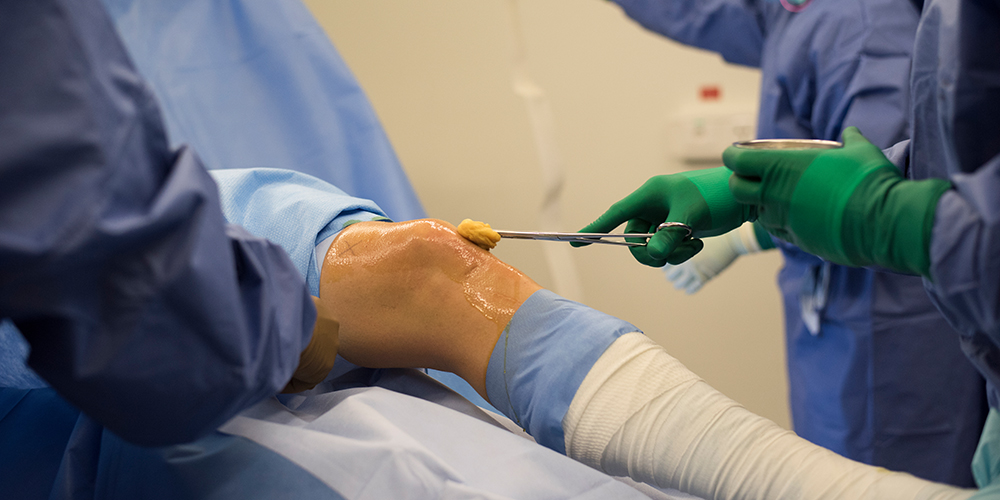Why do people install a coronavirus warning app on their cell phone – or not? Researchers of the Department of Economic Psychology at the Faculty of Psychology of the University of Basel investigated. The upshot: self-interest and technical understanding are more important than protecting others.

Cartilage cells from the nasal septum can not only help repair cartilage injuries in the knee – according to researchers from the University of Basel and the University Hospital Basel, they can also withstand the chronic inflammatory tissue environment in osteoarthritis and even counteract the inflammation.

The cichlids of Lake Tanganyika in Africa are highly diverse – including with regard to sex chromosomes. These have changed extremely frequently in the course of the evolution of these fish and, depending on the species, can be of the type XY or ZW. This has been reported by a research team from the University of Basel and the Research Museum Koenig in Bonn in the scientific journal Science Advances.

The University of Basel has appointed two women – Dr. Andrea Hofmann and Dr. Sabine Rumpf – as assistant professors with tenure track. Dr. Stefanie Knopp has been awarded a temporary assistant professorship under the SNSF “PRIMA” funding program. Professor Dominique Brancher is being promoted to full professor.
Viruses do not always kill the cells they infect. Researchers at the University of Basel have discovered in experiments with mice that cells have the power to self-heal and eliminate viruses. However, these cells undergo long-term changes. The findings may provide a hint as to why cured hepatitis C patients are more susceptible to liver cancer for years after.

The cell’s cholesterol level is decisive for fat regulation and therefore for the lipid metabolism of the entire organism. This has now been demonstrated by a research team at the University of Basel. The team discovered that a specific receptor controls the cholesterol level in the cell and thus the organismal fat metabolism.

Prof. Michael N. Hall from the Biozentrum of the University of Basel has been honored by the Senate of the Hebrew University of Jerusalem with the degree of Doctor philosophiae honoris causa.

The University of Basel submitted plans today for a new research building on the Schällemätteli Life Sciences Campus. The new building for the Department of Biomedicine is to be built on the site of the current Biozentrum and is set to be completed by 2028. Construction work is expected to begin in 2023.

Breath instead of blood: researchers from the University of Basel have developed a new test method to measure treatment success in epilepsy patients. They hope that this will enable doctors to react more precisely when treating the disease.

